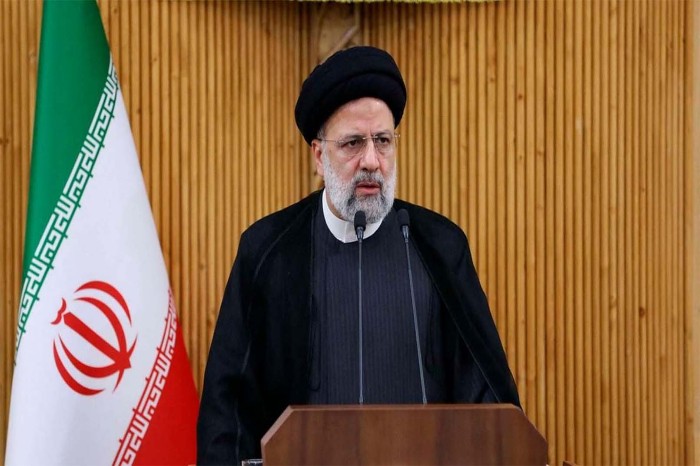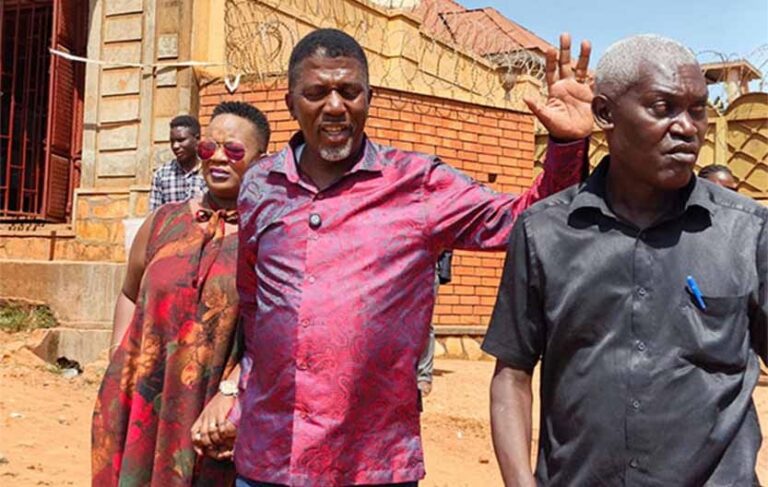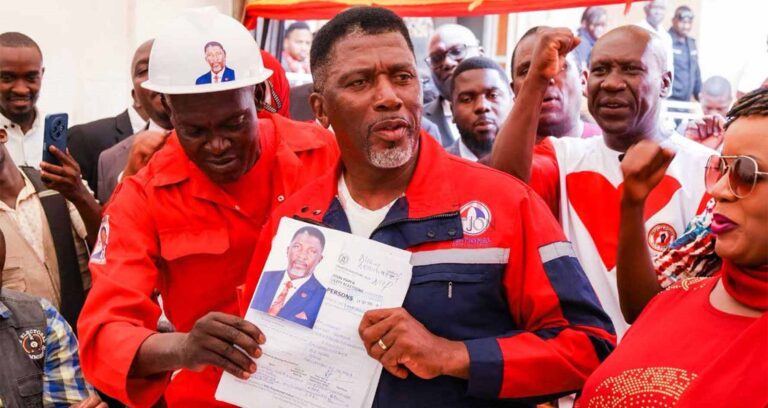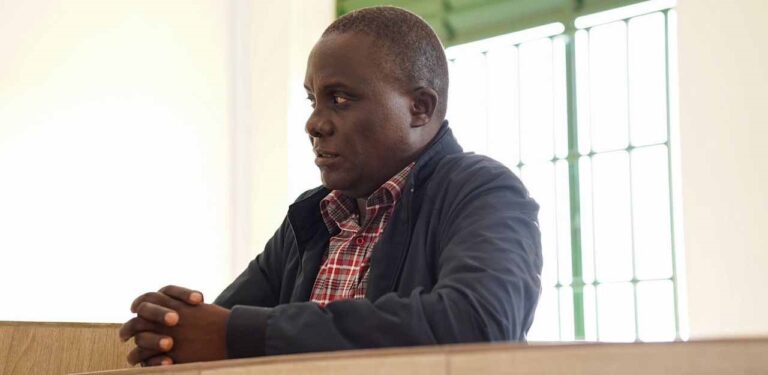
Iran’s President Ebrahim Raisi addressing the media
As the world comes to terms with the sudden death of the Iranian President Ebrahim Raisi in a helicopter crash a few days ago, questions have arisen about the implications of this occurrence. The helicopter, which was also carrying Foreign Minister Hossein Amirabdollahian, went down in poor weather.
 Rescue teams worked through the night in bad weather to find the helicopter
Rescue teams worked through the night in bad weather to find the helicopter
The helicopter crash, which happened in northwest Iran on Sunday, happened at a time when the Islamic world is bitter about the ongoing war in the Middle East, where Israel, for the past seven months, has waged a war in Gaza that was triggered by a Hamas attack on Israeli cities.
This crash also comes just a few weeks after Iran launched a volley of missiles at Israel, most of which were intercepted by its Iron Dome aerial defence system. The attack, Iran said, was in retaliation to the bombing of its embassy building in Syria by suspected Israeli warplanes.
The escalation in hostilities has been as a result of the accusation against Tehran of backing Hezbollah, which has for as many months vowed to open the Lebanon front against Tel Aviv.
So far, the reports in state media have referred to the crash as an accident, adding that the Supreme Leader Ayatollah Ali Khamenei is fully in charge. Several sources in Government have also vowed that the political structure will operate without disruption.
But the world awaits the official word from the Iranian government as to the cause of the accident and steps to be taken in reigning in the political situation. There is fear that in case the Iranian Government points at anything that implies foul play, this move may escalate tensions in the sensitive region.
Nuclear proliferation
The worrying factor is the US-Iran ties over Tehran’s nuclear push. The late President seemed to play his cards well. The 63-year-old late President, who ascended to power in 2021, took a tough stance in negotiations, seeing a chance to win broad relief from US sanctions in return for modest curbs on its increasingly advanced technology,
Critical developments arose in 2018, when the then US President Donald Trump withdrew from the Joint Comprehensive Plan Of Action. This was an agreement on the Iranian nuclear programme, out of which the Islamic nation was gaining a lot of political mileage, and of course aid from the West. Trump moved fast and restored harsh sanctions on Tehran, prompting the nation to violate the agreement’s nuclear limits.
Implication on Uganda Oil and Gas Sector
President Raisi, who has been Iran’s strongman, had a strong bond with the African continent, which he visited in 2023 and toured several countries including Uganda.
Whereas the Human Rights Watch, European Commission among other lobbyists in the West want the oil project in Uganda halted over environmental concerns, Uganda’s President Yoweri Museveni has insisted on construction of the oil refinery and East African Crude Oil pipeline project (EACOP).
He said if the Western funders pull out, he would find willing partners in other parts of the world. One such partner was Iran, which has a highly developed petrochemical industry.
When President Raisi visited Uganda in 2023, President Museveni said Iran has experience in oil production and petrochemical industry, which Uganda badly needed to get its oil resource out of the ground.
“There is an area of complementarity,” Museveni said at the time, urging his ministers to take up the matter and appoint someone in the Foreign Affairs ministry to be in charge of consummating this partnership.

Iran, through the late President had offered Uganda full support in construction of the oil refinery, which is expected to take between $4b – $5b (shs16 trillion) to erect. Uganda has also looked up to foreign investors to help it put up the EACOP, which is a 1,443km crude oil export pipeline that will transport Uganda’s crude oil from Kabaale – Hoima in Uganda to the Chongoleani peninsula near Tanga port in Tanzania. It is expected to have a peak capacity of 246,000 bbls/day.
Three memoranda of Understanding (MOUs) were signed during the meeting between the two Presidents which took place at State House Entebbe, covering areas of agricultural development, security and trade.
President Raise said then: “There is a need to expand and promote the bilateral relationship between Uganda and Iran in areas of politics, economy, science and technology, among others. You pointed out the exploitation of oil in your country and the necessity of establishing refineries. When it comes to energy in general, and when it comes to the oil industry, the Republic of Iran enjoys good experience in this regard, and we stand ready to share our experience with Uganda regarding refineries and in regard to technical and engineering science.”
In 2009, President Museveni visited Iran where he invited Iranian investors to build an oil refinery in Uganda to process the crude oil that had been discovered in Western Uganda.
“I hope that the MOUs that have been signed between sides will be implemented by the will and determination of the two countries, and I hope that the level of economic and trade relations will be multiplied,” said President Raisi.
Now that President Raisi is no more, it remains to be seen whether the MOUs will ever see the light of day.
Fate of the Nation
The Mehr News Agency has since come up to explain what the Iran’s constitution says happens when a president is incapacitated or dies in office:
Firstly, it says that if a president dies in office, article 131 of the Islamic Republic’s constitution says that the first vice president – who is Mohammad Mokhber – takes over, with the confirmation of the supreme leader, who has the final say in all matters of state in Iran.
Secondly, a council consisting of the first vice president, the speaker of parliament and the head of the judiciary must arrange an election for a new president within a maximum period of 50 days.
Thirdly, under constitutional rules, a presidential election had been due to take place in 2025. It can now be expected to take place by early July 2024.
Raisi was elected president in 2021 for a 4-year term and was eligible to stand again.




